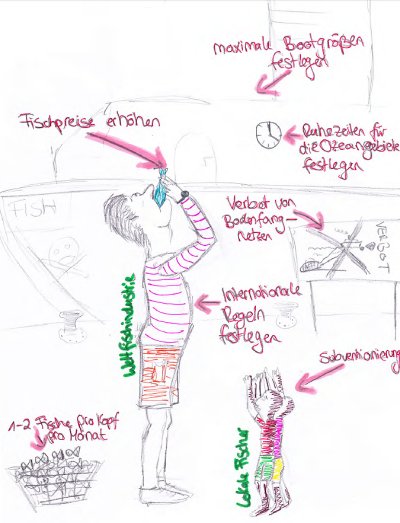The Europaschule / Gymnasium in Kerpen with its 2,300 students is the largest gymnasium in the state of North Rhine-Westphalia. The school maintains sponsorships and exchange programmes with other schools around the world on various topics. The grammar school in Kerpen has been deliberately adding the European School supplement since 2001 and filling it with life. Bilingual classes have even existed since 1995. Families can choose between half-day and full-day classes to meet different needs. The range of subjects in the upper level of the grammar school is broad and the entire school has a well-stocked library.
Tatjana Strucken was appointed as director of the European School on Februar 1st, 2014. Since 2003 she taught the following subjects at the European Gymnasium, German, History and Literature.
Detailed information about the school, its programme and multi-facetted activities can be checked on the website - click here.
The pedagogical objective is described as follows:
The high school in the city of Kerpen is a fully developed high school in full-day and half-day formats with a differentiated upper level. The targeted educational goal is the Abitur, after grade 10, however, the technical college entrance qualification can also be achieved, after grades 11 and 12 the school part of the technical college entrance qualification can be achieved.
Our students receive a qualified professional training in which a high academic standard is aimed for. Systematic learning should lead to recognizable learning progress. We see mutual appreciation and cooperative behaviour between teachers and students as the basis for successful teaching. A school that is good in this sense promotes good performance.
Through an in-depth general education, knowledge and skills should be acquired in a structure of task fields and of technical and interdisciplinary topics. Concentrating on the lessons and their results should prepare the students for a working life in the world of tomorrow. Lessons are generally held in twin hours to allow for different forms of learning, group work, project work and independent learning.
Multilingualism is a basis for living and working in a united Europe. In addition to the foreign languages (English, French, Latin, Spanish, Russian), our school has a bilingual branch in which English is also used as the working language in the subjects geography, politics and history. In the upper secondary level there is, in addition to the Abitur, a course in foreign language correspondence in English, in which English is learned as a business language.
Due to the number of students, we are able to offer a large number of subjects in basic and advanced courses in the upper level. Among other things, we are one of the few schools that have an advanced computer science course anchored in their school program.
 On May 13, 2014, during this year's European week, Margareth Hammer, General Secretary of Mundus maris, held a workshop with 25 11th grade students. Her introductory lecture, supported by a power point presentation, had the motto: “Interactions between land and ocean: What does the ocean give us?” The 25 students had a positive knowledge of overfishing. However, they had not yet established the connection between the marketing and consumption of undersized fish (i.e. those that have not reached sexual maturity and have not yet reproduced) and the sad state of fish stocks in many seas.
On May 13, 2014, during this year's European week, Margareth Hammer, General Secretary of Mundus maris, held a workshop with 25 11th grade students. Her introductory lecture, supported by a power point presentation, had the motto: “Interactions between land and ocean: What does the ocean give us?” The 25 students had a positive knowledge of overfishing. However, they had not yet established the connection between the marketing and consumption of undersized fish (i.e. those that have not reached sexual maturity and have not yet reproduced) and the sad state of fish stocks in many seas.
This new insight led to an animated discussion of the topic of sustainability in other sectors as well. The pupils had already worked on this problem in other contexts and thought about it. The question, “What can we do together?” Was discussed in small groups at the end of the exchange. The interviews produced a whole range of possible answers, which alone or in combination can be promising:
- Further development of marine protected areas;
- Support to poor small-scale fishers;
- Consume fish only once or twice per month;
- Prohibit destructive bottom trawling;
- Limit the maximum size of fishing vessels;
- Establish rest periods for fishers in critical areas to support the regeneration of fish species;
- No to marine litter;
- Support developing countries in avoiding litter and in managing it properly.
- Internationalising legislation - each and every country needs to respect the rules.
World Ocean Day, which is celebrated each year on 8 June can be one of many opportunities to try those proposals in practice.








